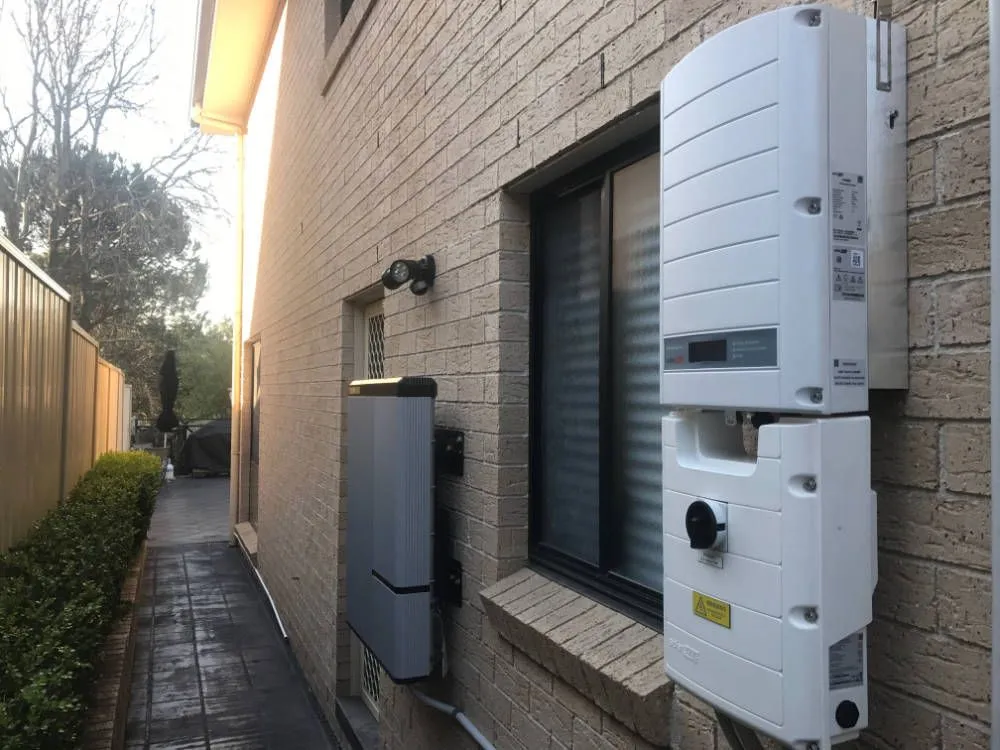California is a state that is no stranger to power outages. Whether it’s due to wildfires, extreme weather, or other unforeseen circumstances, Californians have come to expect that their power may go out at any time.
For homeowners who want to be prepared for these outages, a battery system can be a lifesaver. A battery system can provide backup power for your essential appliances and devices, so you can stay comfortable and safe during a power outage.
There are a number of different battery systems available on the market, so it can be tough to know which one is right for you. In this post, we’ll discuss the factors you need to consider when choosing a battery system for your home in California.
Technical Factors to Consider
There are a number of technical factors you need to consider when choosing a battery system for your home. These include:
- Battery capacity: The battery capacity is the amount of energy the battery can store. The size of your battery will depend on how much backup power you need.
- Power output: The power output is the amount of power the battery can provide at a given time. This is important if you need to power high-wattage appliances, such as air conditioners or electric stoves connected to the battery system.
- Battery life: The battery life is the number of years the battery will last before it needs to be replaced.
- Charging time: The charging time is the amount of time it takes to fully charge the battery.
- Round trip efficiency (RTE): RTE measures the amount of energy the battery can discharge against the amount of energy that was used to charge the battery. Lower RTE means higher wastage or higher loss of energy.
Advantages and Disadvantages of Different Residential Battery Options
There are a number of different residential battery options available on the market. Some of the most popular options include:
- Tesla Powerwall: The Tesla Powerwall is a popular battery systems on the market. It is a high-efficiency battery that is easy to install.
- LG Chem RESU: The LG Chem RESU is another popular battery system. It is a high-capacity battery that is well-suited for homes with large energy needs.
- Enphase Encharge: The Enphase Encharge is a battery system that is designed to work with solar panels. It is a good option for homeowners who are planning to go solar and want to install batteries along with their solar system.
Each of these solar battery storage system has its own advantages and differences. It is important to understand the nuances of each option before making a decision.
How to Choose the Right Battery System for You
The best way to choose the right battery system for you is to consider your individual needs and budget. Here are a few things to keep in mind:
- How much backup power do you need? If you only need to power a few essential appliances, you can get away with a smaller battery system. However, if you need to power your entire home, you will need a larger battery system.
- How much do you want to spend? Battery systems prices can range widely. It is important to set a budget before you start shopping.
- What kind of features are important to you? Some battery storage system come with features such as remote monitoring and control. These features can be helpful, but they can also increase the cost of the system.
Once you have considered these factors, Nabu Energy can help you select the right product for your needs.Nabu Energy is a certified Tesla powerwall installer and if you install and register your Powerwall(s) between June 15, 2023, and October 31, 2023, you will receive a $500 rebate for each Powerwall. Refer to the Tesla website or reach out to Nabu Energy at 510-737-6228 or email info@nabuenergy.com for more latest information on the rebate.
Conclusion
A battery system can be a valuable asset for homeowners in California. By choosing the right battery system for your needs, you can stay comfortable and safe during a power outage.
